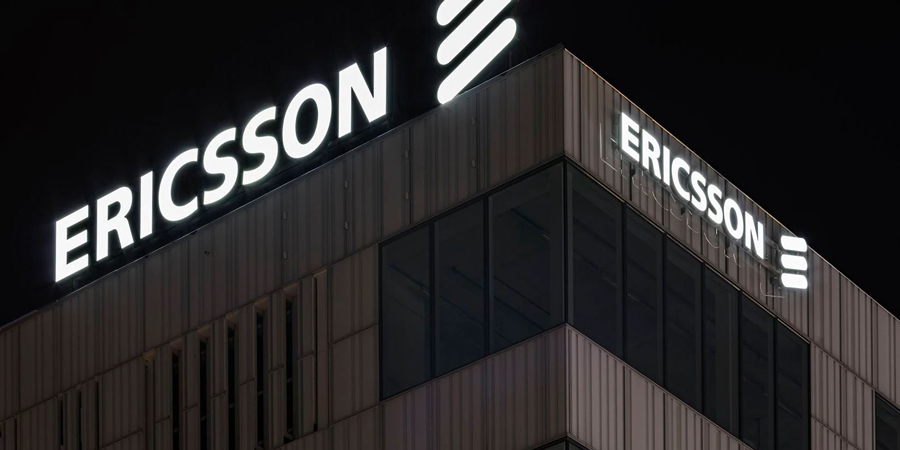Ericsson has entered into a three-year Deferred Prosecution Agreement (DPA) with the U.S. Department of Justice (DOJ) to resolve criminal charges related to violations of the FCPA. This relates to accounting violations of the FCPA in five countries including in Djibouti where there is also a charge of bribery. In the agreement, the DOJ agrees to defer the prosecution of those charges and to have them dismissed at the end of the term in exchange for Ericsson complying with the conditions of the DPA. Conditions include a payment by Ericsson of a fine of USD 520,650,432. As part of the resolution with the DOJ, Ericsson's Egyptian subsidiary has entered a guilty plea to the bribery charge in Djibouti.
Separately, Ericsson agreed to resolve civil charges brought by the Securities and Exchange Commission (SEC) relating to allegations of violations of the bribery and accounting provisions of the FCPA. Ericsson agreed to the entry of a judgment enjoining it from future violations of the FCPA and it agreed to pay a financial sanction of USD 458,380,000, plus pre-judgment interest of USD 81,540,000.
As part of the settlement, Ericsson has agreed to engage an independent compliance monitor for a period of three years while the Company continues to undertake significant reforms to strengthen its Ethics & Compliance program.
The combined payment of USD 1.06 b. (SEK 10.1 b.) as per above is fully covered by the SEK 11.5 b. provision taken in Q3 2019.
The resolution relates to historical FCPA breaches ending Q1 2017. While the Company had a compliance program and a supporting control framework, they were not adequately implemented. Specifically, certain employees in some markets, some of whom were executives in those markets, acted in bad faith and knowingly failed to implement sufficient controls. They were able to enter into transactions for illegitimate purposes and, together with people under their influence, used sophisticated schemes in order to hide their wrongdoing.
The resolution marks the end of the FCPA-related investigations into Ericsson and its subsidiaries undertaken by the DOJ and the SEC.
The DOJ proceeding is a criminal enforcement action and the SEC proceeding is a civil enforcement action. The agencies resolve their investigation independently of one another using their own discretion and applying different standards of proof. As a result, the DOJ and SEC have come to different conclusions based on the same facts.
DOJ Resolution
Ericsson has agreed to enter into a Deferred Prosecution Agreement (DPA) with the DOJ to resolve criminal charges relating to violation of bribery provision of the FCPA in Djibouti. The DPA also resolves criminal charges relating to violations of the accounting provisions of the FCPA in China, Djibouti, Indonesia, Kuwait, and Vietnam. In connection with the matter in Djibouti, Ericsson's Egyptian subsidiary pled guilty to bribery today. As part of the resolution Ericsson will pay a fine of USD 520,650,432.
SEC Resolution
Ericsson has agreed with the SEC to the entry of a judgment to resolve claims related to allegations of violations of the accounting provisions of the FCPA in China, Djibouti, Indonesia, Kuwait, Saudi Arabia and Vietnam and of the bribery provisions of the FCPA in Djibouti, China and Saudi Arabia. As part of the resolution, Ericsson will pay financial sanction of USD 458,380,000, plus pre-judgement interest of USD 81,540,000.
In parallel to the investigations, the Company has since 2016, together with external expert advisors, conducted a comprehensive review of the Company’s anti-corruption program. Based on this review, Ericsson has been taking significant steps to improve its Ethics and Compliance program.
Pursuant to the resolutions, Ericsson has agreed to continue enhancing its internal controls and its compliance program.
Börje Ekholm, President and CEO, says: “I am upset by these past failings. Reaching a resolution with the US authorities allows us to close this legacy chapter. We can now move forward and build a stronger company.
The settlement with the SEC and DOJ shows that we have not always met our standards in doing business the right way. This episode shows the importance of fact-based decision making and a culture that supports speaking up and confronting issues. We have worked tirelessly to implement a robust compliance program. This work will never stop.”
Ronnie Leten, Chair of the Board of Directors, says: “Ultimately we can only be successful if we have an entrenched ethics and compliance culture. I am confident that with the significant steps already undertaken we are better equipped to execute on our strategy without compromising on our values.”











